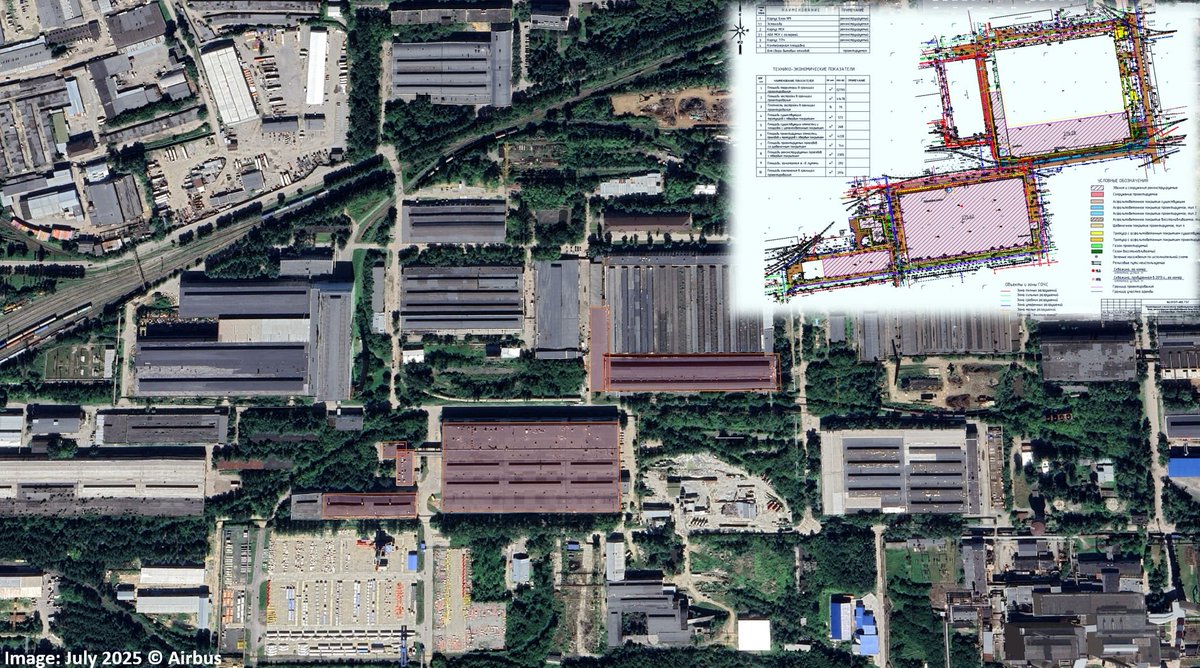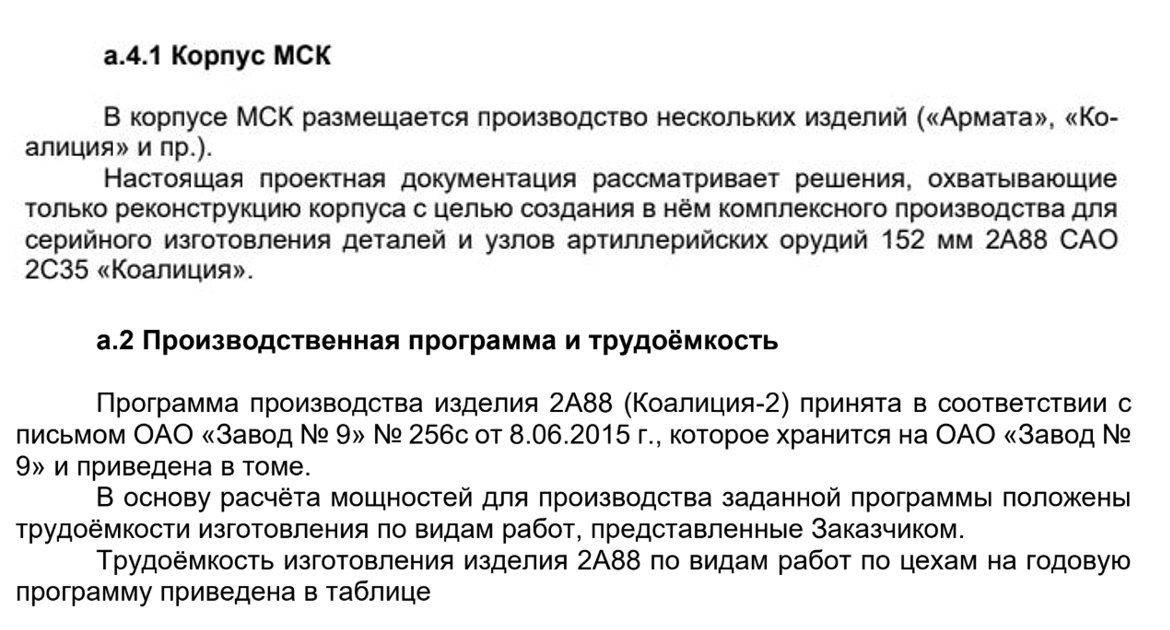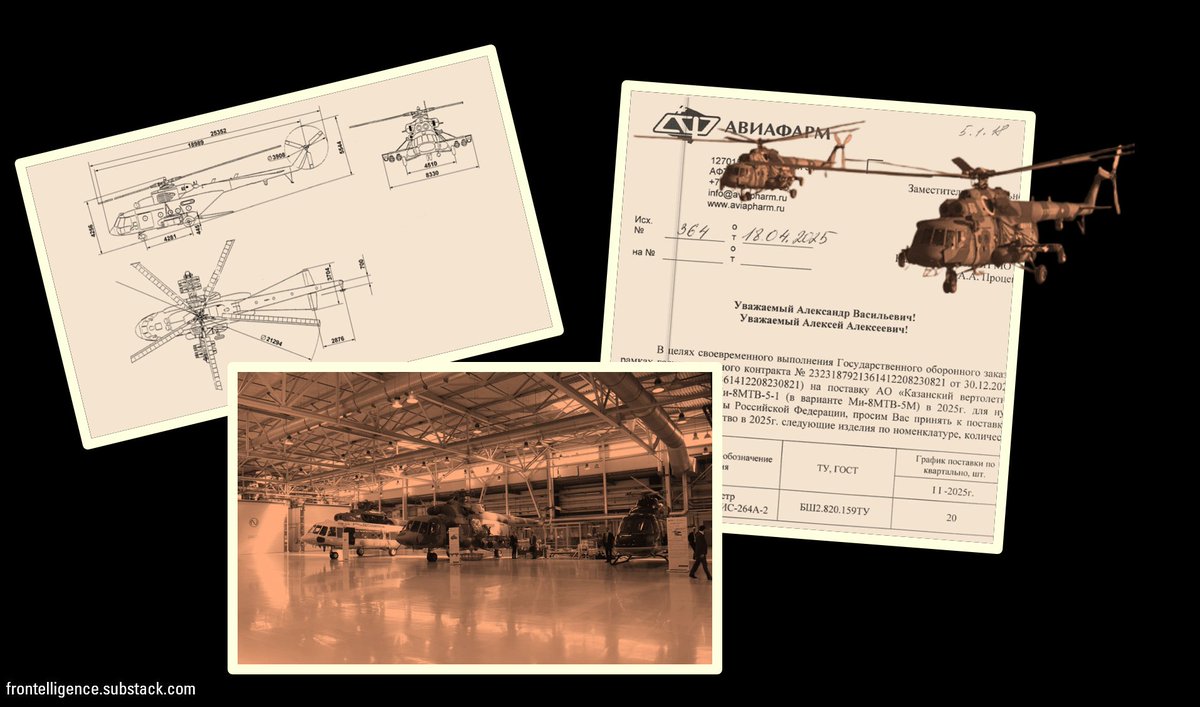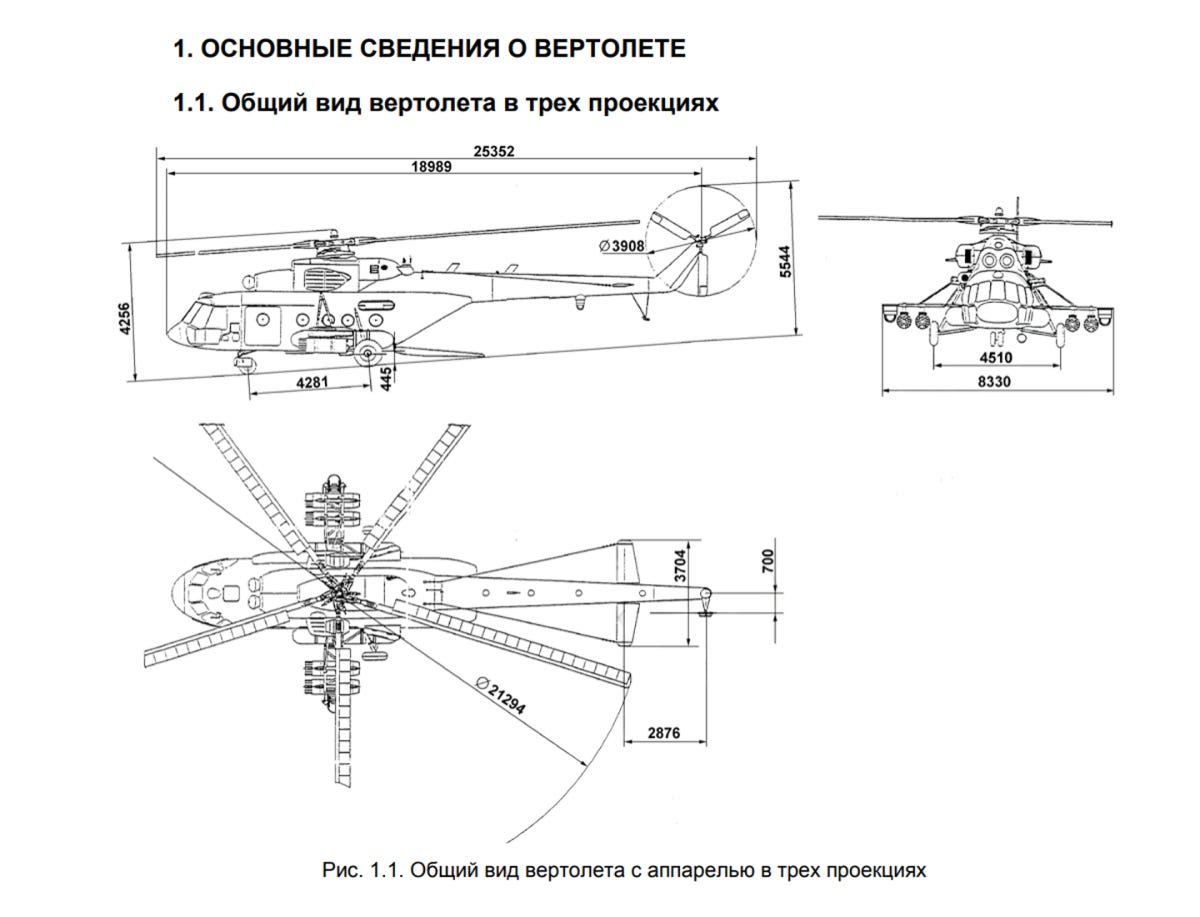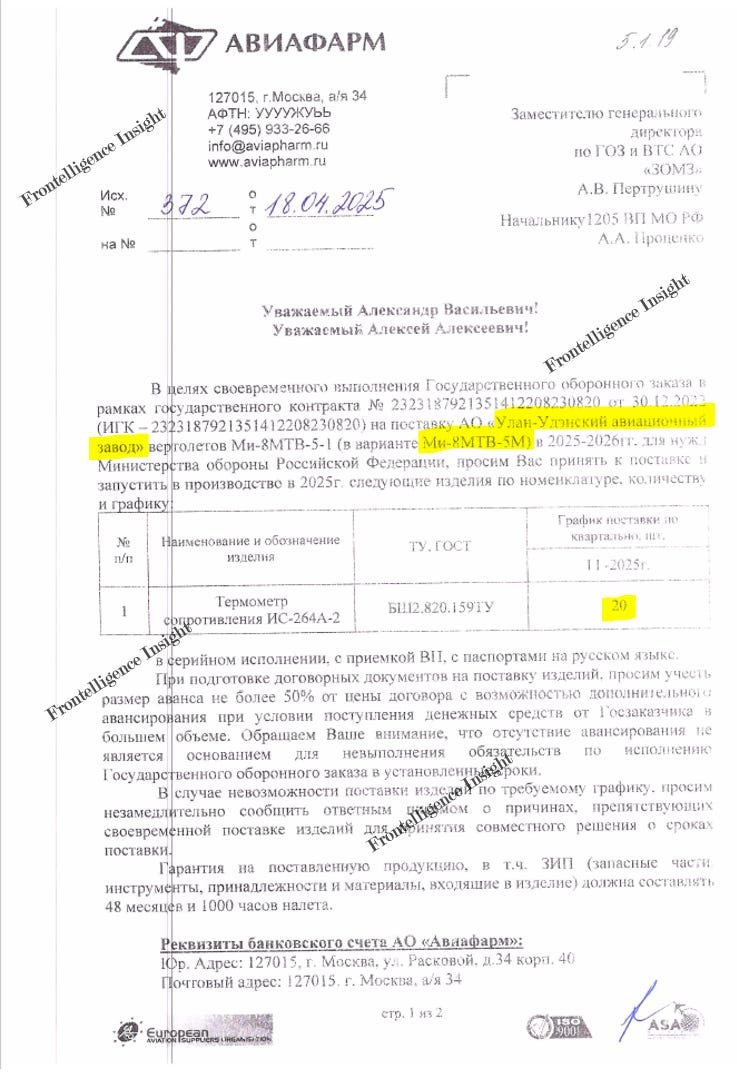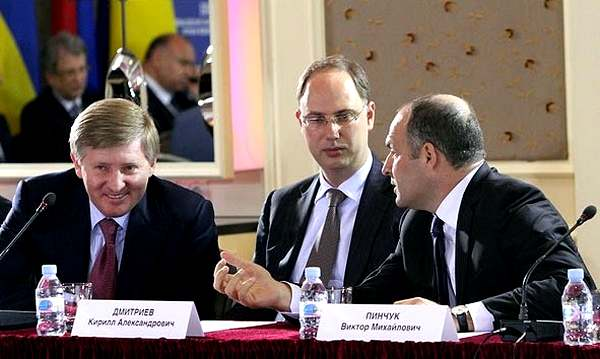In continuation of the conversation regarding the current state of russian bases and available vehicles, today, I will cover one of the bases that belong to the 3rd Motor Rifle Division in Boguchar.
Don't forget to like and share to help with algorithm.
🧵Thread:
Don't forget to like and share to help with algorithm.
🧵Thread:

2/ The current third division was reformed in 2016, moved to Boguchar and Valuiki under the command of the 20th army. Boguchar base hosts the 252nd Motor Rifle Regiment, 99th SPG Regiment, 337th Separate Engineer Battalion, 911th Separate Supply BN, and 231st Separate Medical BN.
3/ Current satellite analysis shows a decrease in the numbers of vehicles on the base, mostly due to deployments and losses. There might be inaccuracies due to the limitations in image quality, which can hinder precise vehicle recognition. 

4/
Firstly, there has been a significant decrease in the number of tanks and armored fighting vehicles present on the base. In 2021, there were hundreds of these vehicles, which reduced to less than 100 at the beginning of 2023, and as of June 2023, there were only few dozens.
Firstly, there has been a significant decrease in the number of tanks and armored fighting vehicles present on the base. In 2021, there were hundreds of these vehicles, which reduced to less than 100 at the beginning of 2023, and as of June 2023, there were only few dozens.

5/
Secondly, there is a decline in the number of trucks and engineering equipment, although they remain much less affected compared to the heavy armored vehicles.
Lastly, the number of artillery pieces fluctuates, showing an increase or decrease based on unit rotations.
Secondly, there is a decline in the number of trucks and engineering equipment, although they remain much less affected compared to the heavy armored vehicles.
Lastly, the number of artillery pieces fluctuates, showing an increase or decrease based on unit rotations.

6/ These observations reflect the dynamic development of a combat unit in Ukraine. The absence of vehicles does not necessarily indicate their loss but can also indicate their current deployment. The 3rd Motor Rifle Division operates three bases, and this is one of them. 

7/ There's been a reduction in artillery and AFV's numbers, evident from Oryx and imagery. Their inventory is lower than pre-war levels, indicating limited strategic capabilities. However, it remains significant, posing considerable challenges for Crimea and Donbas liberation 

8/ Further analysis shows that this provides only a very general idea of the remaining capabilities. Notably, a significant portion of their equipment, including artillery and tank pieces, is primarily supplied to frontline units directly from repair and restoration facilities. 

/9 Considering this, I intend to publish an analysis next week, focusing on certain restoration facilities in Russia. These facilities play a crucial role in vehicle restoration and recovery, providing a better understanding of their capacities. 

I express my gratitude to all the contributors who donated via Buy Me A Coffee. Thanks to your support, I was able to purchase imagery, including tank repair facilities, which will be published next week with more details on restoration capabilities
• • •
Missing some Tweet in this thread? You can try to
force a refresh



